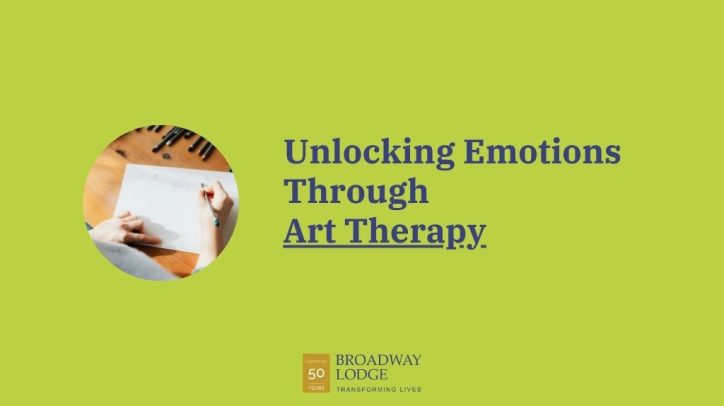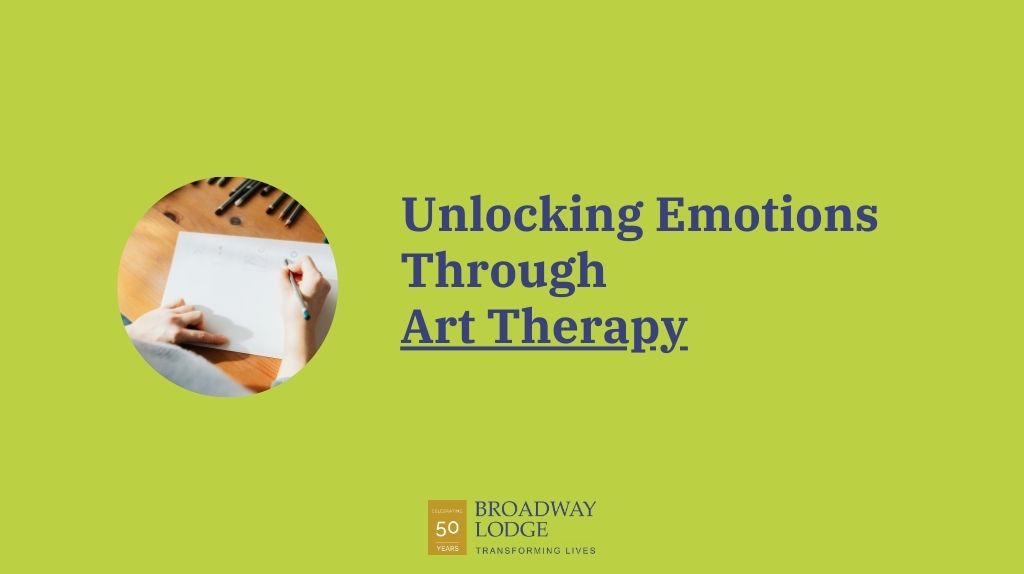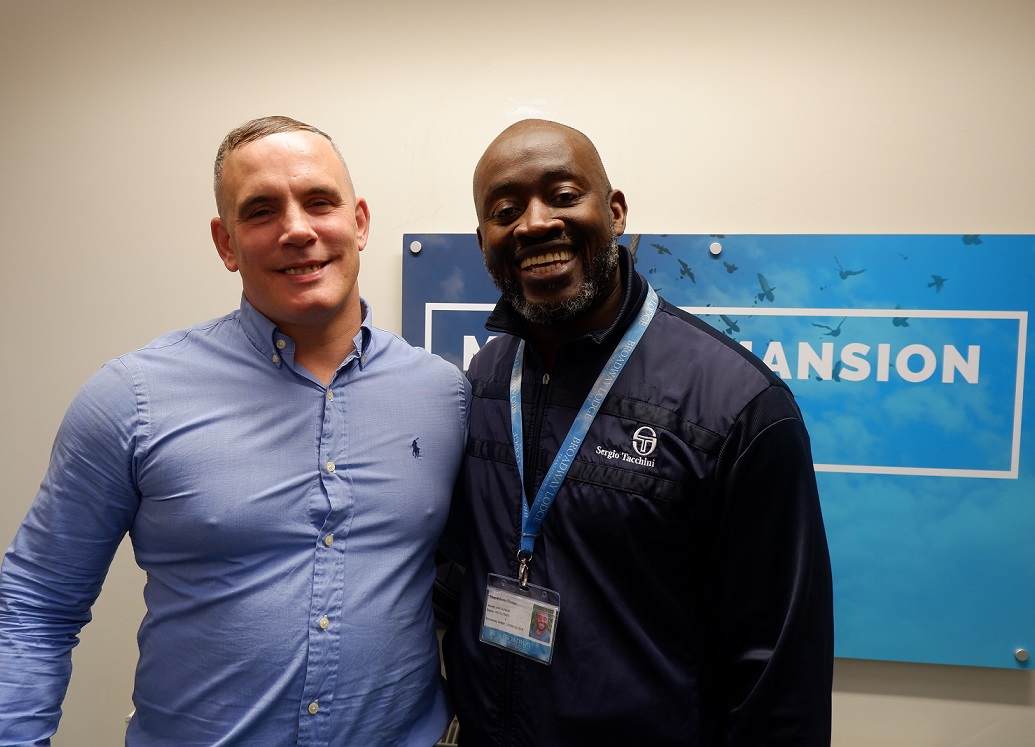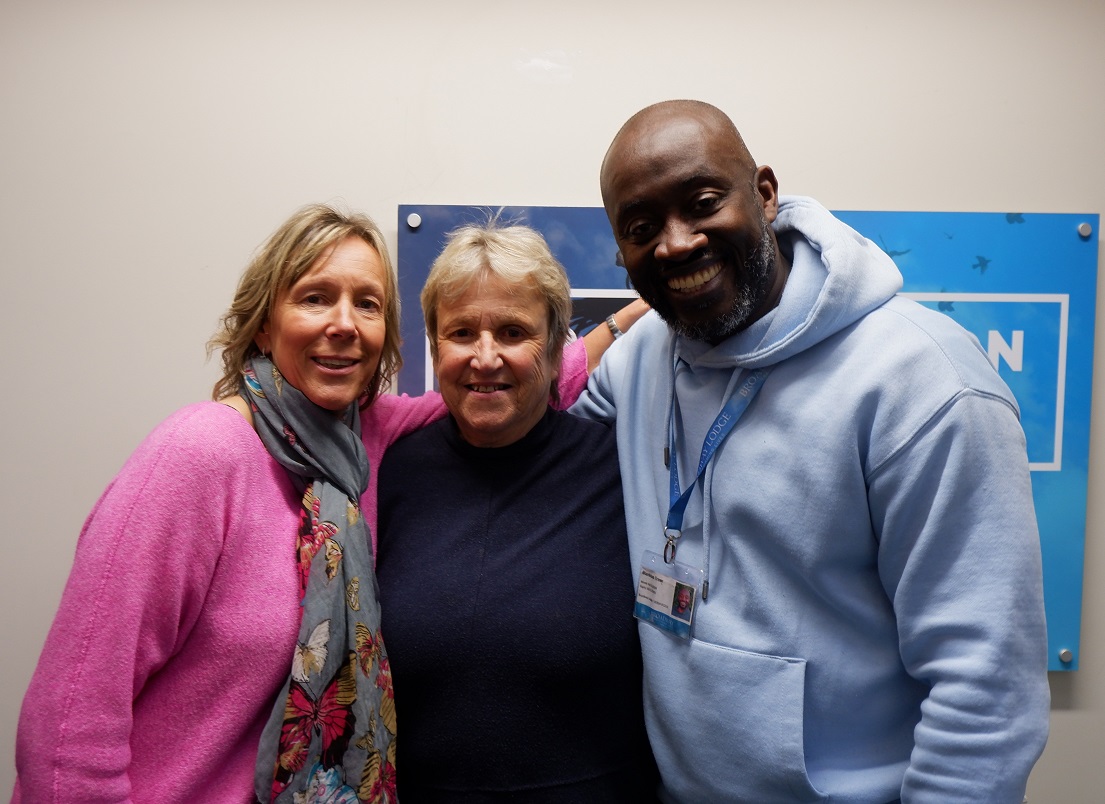People have been trying to understand the nature of addiction ever since it was first considered a problem. Crucially, attempts to understand addiction are motivated by the belief that a better understanding will help treat addiction more effectively. With over 1 million people admitted to hospital for issues related to alcohol consumption alone and related harms estimated to cost the NHS around £3.5bn a year, (1) there’s little doubt that addiction is a significant problem in society.
Whether it’s the use of alcohol, drugs or other harmful behaviours, addiction can be extremely distressing for those affected and for their loved ones. So how can we explain addiction or dependence? There are various theories amongst health professionals and others interested in addiction. Key amongst them is the biological basis of addiction – the view that addiction is a disease.
What is a disease?
A human disease is typically defined as a disorder of structure or function in a human, especially one that produces specific symptoms or that affects a specific location and is not simply a direct result of physical injury – it’s origin lays in the Old French for ‘lack of ease’. For those who believe addiction is a disease, the brain is the part of the body that is affected by illness. Just like other diseases that threaten normal, healthy functioning, if left untreated, the individual can suffer serious and harmful consequences.
The case for addiction as disease
Recent prominent proponents in support of addiction as disease stated (in relation to drug addiction) that “Addiction is defined as a chronic, relapsing brain disease that is characterised by compulsive drug seeking and use, despite harmful consequences. It is considered a brain disease because drugs change the brain—they change its structure and how it works.” (National Institute on Drug Abuse).(2) A medical journal has asserted that “the brain disease model of addiction has yielded effective preventive measures, treatment interventions, and public health policies to address substance-use disorders.” (3)
If a person is ill – in this case, the illness or disease is the addiction – it follows that:
- Firstly, they need treatment to get better; in this respect addicts differ little from anyone else who is ill
- Secondly, that far from being a moral failing, addicts should not be blamed for being ill but understood, supported and treated; here the aim is to alleviate stigma associated with addiction.
It’s believed that as addiction affects the brain, it also affects behaviour. Addiction if therefore a multi-faceted illness. An addict’s brain reward system and other neurochemical processes are disrupted.
Others go even further and suggest that addiction is also the manifestation of underlying issues and emotions that a person may not yet have dealt with and be seeking to avoid. In this model the substance to which the individual becomes addicted is in many ways less relevant than why and how they are addicted. Here, treatment will focus on the whole person for them to overcome their long-entrenched addictive impulses.
The case against addiction as disease
While ‘addiction as disease’ is a dominant model which has been adopted by many medics and others involved in treatment, there are those who hold alternatives views. Amongst them, some believe that the biological basis of addiction is counter-productive because it removes a sense of responsibility or ownership of the problem. Some people believe that as people choose to drink alcohol or use drugs they can also choose not to do so.
Effective approach to addiction recovery
Is addiction a disease? No one knows for sure but many people who believe it is have successfully helped those suffering from addiction. The theory provides a useful model to engage and treat addicts into recovery. Even its detractors admit that it provides a useful approach to understanding difficult issues.
Whichever model of addiction one ascribes to, there is no doubt that addiction causes great suffering and eventually can be life-threatening. The long-established 12-step model is used at Broadway to support addicts in working towards full recovery. At Broadway we treat the whole person to maximise recovery and ensure they go on to live addiction free, healthy lives.
Sources:
(1) Alcohol Concern. Alcohol Statistics. Accessed November 2017.
(2) National Institute on Drug Abuse. ‘Drug Abuse and Addiction’. Website accessed December 2017.
(3) New England Journal of Medicine.‘Neurobiologic Advances from the Brain Disease Model of Addiction’. Jan 2016.












